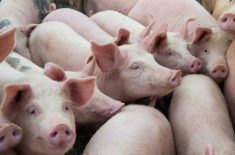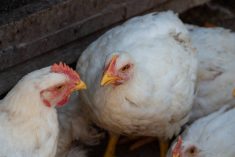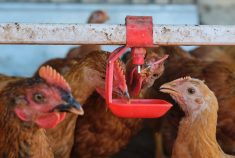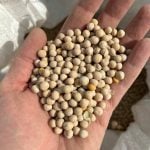A beef-dependent region of western Quebec will get public funding to help improve farms’ “business efficiency.”
The provincial and federal governments on Monday pledged a combined $3.8 million to support farming development in a region where about 50 per cent of farms are in the economically slumping beef sector.
The funding is meant to help set up “measures aimed at improving management capacity and accelerating the investments necessary for increasing business efficiency.”
“In a context in which the Abitibi-Temiscamingue agricultural sector is currently experiencing a particularly difficult situation, agricultural producers, organizations and ministries in our region have a common vision for farm and agri-food development,” said provincial Aboriginal Affairs Minister Pierre Corbeil, the cabinet minister responsible for the region.
Read Also
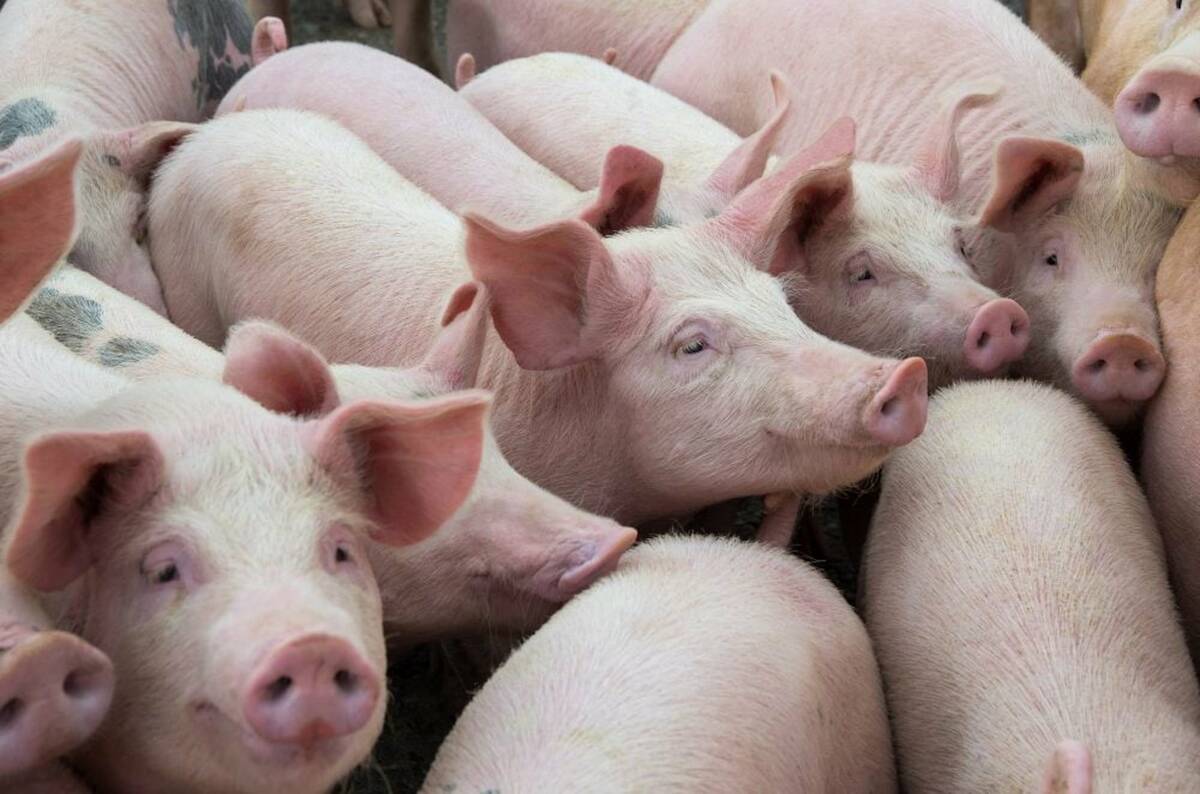
U.S. livestock: Cattle rise, hogs recoup losses
Chicago live and feeder cattle futures rose on Tuesday while hog contracts regained Monday’s losses. Most-active February live cattle futures…
“I hope that the financial assistance announced today will help position this sector in local, regional and national markets,” he said in a release.
“Our objective is to contribute to the sustainability of farm businesses and to help farmers adapt to the many challenges facing them in the current business environment,” Jean-Pierre Blackburn, the federal minister of state for agriculture, said in the same release.
“This financial support will help address farm management, crop production and herd productivity, all which contribute to the growth and survival of the region’s farm businesses.”
According to Quebec’s general farm group, the Union des producteurs agricoles (UPA), the Abitibi-Temsicamingue region has about 715 farm businesses. While over half the farms are in beef production, about half the region’s farm revenue comes from dairy production.
The region is also the fifth-largest in Quebec for sheep production, UPA said, having “more than doubled” in the past 10 years. The amount of grain grown for feed is also expanding, lending some self-sufficiency to livestock farms.
According to UPA, the main challenge for the region has involved “maintaining as well as increasing the number of farms to guarantee the future of farming and farm-related services.”
Of the $3.8 million pledged for this initiative, about $1.8 million is to flow through the federal Agricultural Flexibility Fund, while the province puts up the other $2 million.


